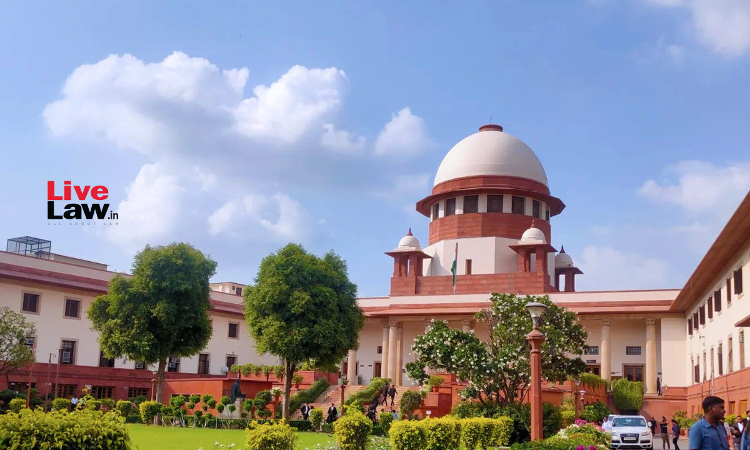Mere Dispute On Monetary Demand Does Not Attract Offence Of Criminal Breach Of Trust U/S 405 IPC : Supreme Court
Ashok KM
3 Jan 2023 8:15 PM IST

Next Story
3 Jan 2023 8:15 PM IST
The Supreme Court observed that a mere dispute on monetary demand does not attract the offence of criminal breach of trust under Section 405 IPC. In this case, the complainant had alleged that “a forged demand of Rs. 6,37,252.16p had been raised by the accused JIPL". Though complainant had invoked Sections 405, 420, 471, and 120B of the IPC, the Magistrate issued summons only under Section...
